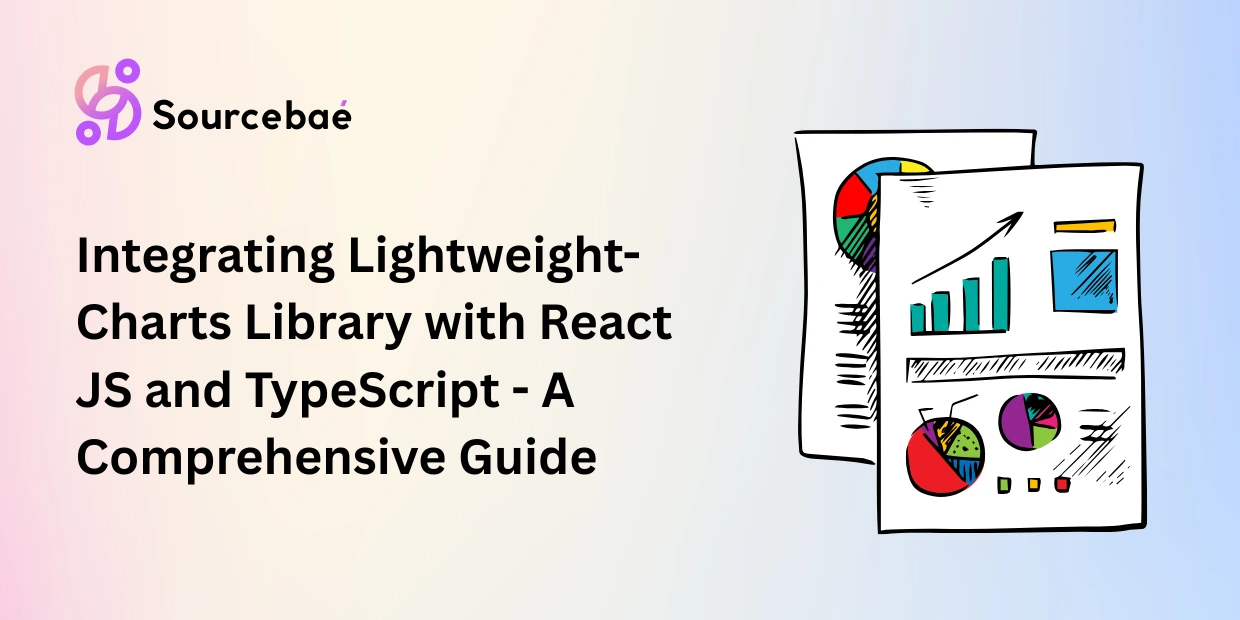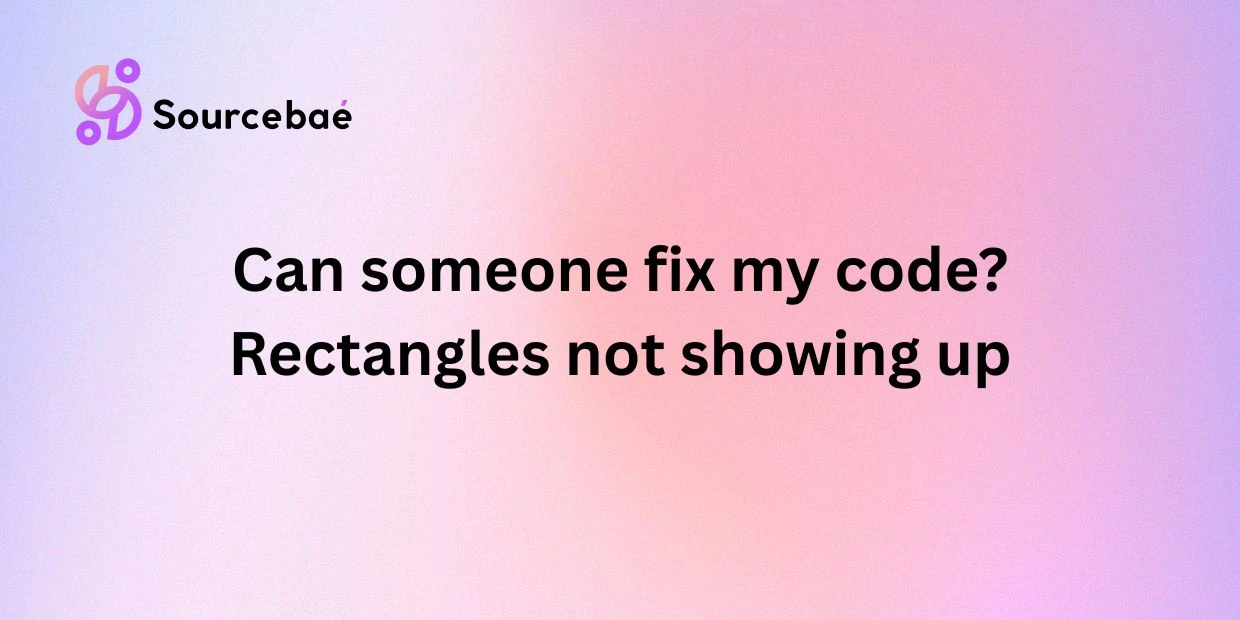How to Become a React Developer?
React is an open-source JavaScript library for building user interfaces, specifically for creating dynamic and interactive web applications. It was developed and is maintained by Facebook (now Meta) and a community of developers. React allows you to build reusable UI components that update efficiently when the underlying data changes.
The core concept of React is the virtual DOM (Document Object Model), which is a lightweight representation of the actual DOM elements in memory. When there are changes to the data or state of a React component, React compares the virtual DOM with the real DOM and efficiently updates only the necessary parts of the actual DOM, resulting in better performance.
React follows a component-based architecture, meaning the user interface is broken down into smaller, reusable components. These components can have their state, representing the data associated with that component, and they can also receive and pass down data as props (properties).
What Is React Developer?
A React developer is a software developer who specializes in using the React library to build user interfaces for web applications. React developers are skilled in creating interactive and dynamic front-end experiences that enhance the user’s interaction with a website or web application.
What does a React developer do?
A React developer is responsible for creating and maintaining user interfaces for web applications using the React library. Their role encompasses various tasks in designing, building, and optimizing interactive and dynamic front-end experiences. Here’s an overview of what a React developer does:
- Component Development: React developers design and create reusable UI components using JSX, a syntax extension that combines JavaScript and HTML-like code. These components are the building blocks of the user interface and can range from simple buttons and forms to more complex elements like carousels and modals.
- State Management: React components can have their internal state, representing the data that can change over time. Developers manage conditions within parts, ensuring that the UI responds appropriately to user interactions or changes in the data.
- Props Handling: React components receive data as props, passed down from parent components. Developers leverage props to customize component behavior, appearance, and content, making components adaptable and flexible.
- Data Fetching: Many applications require data from external sources, such as APIs. React developers implement data fetching mechanisms to retrieve and display information from these sources in the user interface.
- Routing and Navigation: React developers use tools like React Router to handle navigation between different views or pages in multi-page applications, ensuring a seamless user experience.
- State Management Libraries: For complex applications, developers might integrate state management libraries like Redux or MobX to manage the global state and enable efficient data sharing among components.
- Testing: React developers write tests to verify that components and application features function correctly. This includes unit tests to check individual components and integration tests to ensure members work together as expected.
- Performance Optimization: Developers optimize performance by leveraging React’s virtual DOM, minimizing unnecessary re-renders, and using memoization and lazy loading to enhance application efficiency.
- Debugging: When issues arise, React developers use debugging tools to identify and resolve bugs in their code, ensuring the application runs smoothly.
- Collaboration: React developers collaborate with other team members, such as designers, backend developers, and product managers, to align on requirements, design specifications, and user experience goals.
- Version Control: Developers use version control systems like Git to manage changes to the codebase, allowing for seamless collaboration, tracking of changes, and code version history.
- Continuous Learning: The field of web development is constantly evolving, and React developers stay updated with the latest trends, best practices, and advancements to improve their skills and deliver high-quality applications.
How to become a React developer?
Becoming a React developer involves several steps to gain the necessary skills and knowledge to create dynamic user interfaces using the React library. Here’s a roadmap to help you become a proficient React developer:
- Learn the Basics of Web Development: If you’re new to web development, start by learning the basics of HTML, CSS, and JavaScript. These are the foundational languages used to create web applications.
- Master JavaScript: Since React is built on JavaScript, a strong understanding of JavaScript is crucial. Learn about ES6+ features, functions, scope, closures, and asynchronous programming using promises and async/await.
- Understand React Fundamentals: React’s core concepts: components, JSX, state, props, and the virtual DOM. Follow online tutorials, documentation, and video courses to grasp how React works.
- Build Small Projects: Apply your knowledge by building simple projects using React. Start with essential UI components and gradually work up to more complex applications. Experiment with state management and data fetching.
- Explore State Management: Learn about state management solutions like the React Context API and third-party libraries like Redux or MobX. Understand how to manage application state efficiently, especially for larger applications.
- Deepen Your Knowledge of React Ecosystem: Familiarize yourself with other tools commonly used alongside React, such as React Router for routing, Axios or Fetch for data fetching, and CSS-in-JS libraries for styling components.
- Learn Advanced React Topics: Dive into more advanced topics like React hooks (useState, useEffect, useContext, etc.), custom hooks, and higher-order components. These concepts enhance your ability to write cleaner and more modular code.
- Practice Testing and Debugging: Learn how to write unit and integration tests for your React components using testing libraries like Jest and React Testing Library. Develop practical debugging skills to identify and fix issues.
- Work on Real Projects: Start building larger projects that showcase your ability to create full-fledged applications. These projects can be personal portfolio pieces or open-source contributions.
- Explore Performance Optimization: Learn about performance optimization techniques like memoization, lazy loading, code splitting, and using tools like React DevTools to profile and analyze your application’s performance.
- Version Control and Collaboration: Get comfortable with version control using Git and platforms like GitHub. Learn how to collaborate with other developers by contributing to open-source projects or working in teams.
- Continuous Learning: The field of web development is constantly evolving. Stay updated with React’s latest features, best practices, and industry trends by following blogs, attending conferences, and joining online communities.
- Build a Portfolio: Create a portfolio showcasing your React projects. A strong portfolio demonstrates your skills to potential employers and clients.
- Apply for Jobs or Freelance Opportunities: Once confident in your skills, apply for React developer positions or consider freelancing to gain real-world experience.
FAQs
How long does it take to become a React Developer?
The time it takes to become a proficient React developer can vary based on your prior experience, dedication, learning pace, and the complexity of the projects you work on. On average, it might take several months to a year to develop a solid foundation in React and be capable of building web applications independently.
Is it easy to become React Developer?
Whether becoming a React developer is easy or hard depends on your prior experience, learning style, and dedication. React has a relatively gentle learning curve for getting started, especially if you have a background in programming. However, mastering more advanced topics, understanding how to architect complex applications, and staying up-to-date with new features can present challenges.
Is it hard to be a React Developer?
Becoming a React developer requires dedication, practice, and patience. It might not be an overnight process, but with consistent effort, you can become a skilled developer capable of building robust and engaging web applications using React.






